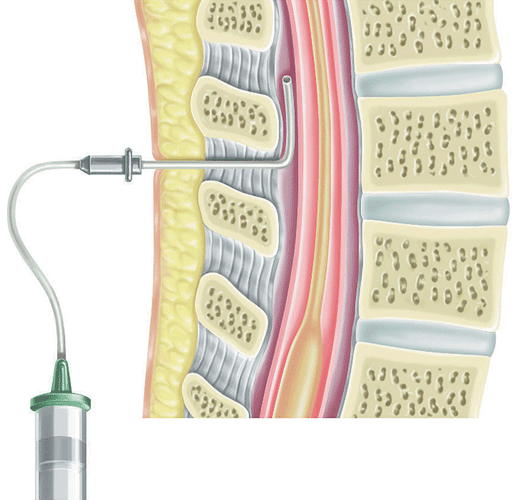Being prepared Practical and mental preparation for labor
Inevitably, labor
will involve a degree of pain. Although this can be a frightening
prospect, accepting this and thinking in advance about how you might
deal with the pain may help you to cope better when the time comes.
Be as informed
as possible about pain-relief options to help you make choices you are
happy with in labor. Find out if you need to do anything in advance,
such as inform staff if you want a water birth.
Try to think about the final outcome of labor and view the pain as part of the process that brings you closer to your baby.
Breathing techniques
Using relaxation and
breathing techniques can help you to relax and cope with the
contractions throughout your labor. Try practicing techniques with your
partner before labor. Learning to control your breathing has many
benefits, including helping you to increase your energy reserves and let
go of tension and anxiety so that you can breathe with the rhythm of
the contraction. In the earlier stages of labor, you may want to
practice longer, deeper breaths between contractions to help keep you
calm and focused. You can also try breathing in slowly at the start of a
contraction and then exhaling slowly and continuing this pattern until
the contraction has passed. Later in labor as contractions become
stronger, you may find taking shorter, lighter breaths helps you to ride
over the contraction.
Deeper breaths can help to focus your mind and bring a sense of control.

Breathing in time with contractions helps you to bear down. Exhale to release tension after each contraction.

How an epidural works
An epidural is an
injection into your back that numbs your body so that you are unable to
feel the contractions. For about 90 percent of women it completely
blocks the pain. Epidurals work by blocking pain nerves as they enter
the spinal cord. Setting up an epidural is a medical procedure that can
only be done by an anesthesiologist. A local anesthetic is injected to
numb the area of the lower back before the procedure is done. A special
needle is then carefully inserted into the space near to where the
nerves enter the spinal cord. A fine tube is pushed carefully through
the needle and left in place so that drugs can be run through it. The
procedure usually takes around 10–20 minutes, and it takes approximately
5–10 minutes for the epidural to start working effectively.
How the epidural is inserted:
A hollow needle is
inserted into the epidural space, taking care to avoid coming into
contact with either the spinal cord or its protective covering.


Labor medication Opiate drugs used for pain relief during labor
These drugs are
useful in the early stages of labor, helping you to relax and deal with
the pain. They can only be administered in the form of an injection by a
nurse midwife or doctor usually in the hospital or birthing center. It
is especially useful if you are feeling anxious or are experiencing a
long labor since it can help you rest between contractions. As with much
pain relief, these drugs have advantages and disadvantages.
One example of opiate
pain relief is Nubain. It is widely used in labor because of its
effectiveness in pain relief and its relatively short duration of
action. The disadvantage is that these medications can make you feel
nauseous and they can enter the baby's system. If given too close to the
time of delivery, they can make the baby sleepy and can even cause
problems with the baby's breathing.
Labor and water Water labor and its benefits
Effects of laboring in water:
Not everyone is a candidate
for a water birth. It can be very disappointing for a couple to learn
they are no longer considered to be a good candidate for water birth if a
water birth is what they had hoped or planned for. However, in some
cases you may be told that it is still possible for you to labor in the
water even if you can't give birth in water. The advantages to laboring
in water are many. Water labor facilitates mobility and positioning;
women feel lighter and it may be easier to find a more comfortable
position in which to spend the majority of your labor. Laboring in water
also reduces your blood pressure and can possibly speed up your labor.
It can provide
significant pain relief and promotes relaxation which, in many cases,
can reduce the need for pain relief medication and other interventions
(it is not possible to have an epidural while laboring in water). Water
labor also reduces perineal trauma. Many women find that laboring in
water can give them a stronger sense of control which is important
especially if this is your first labor and delivery.